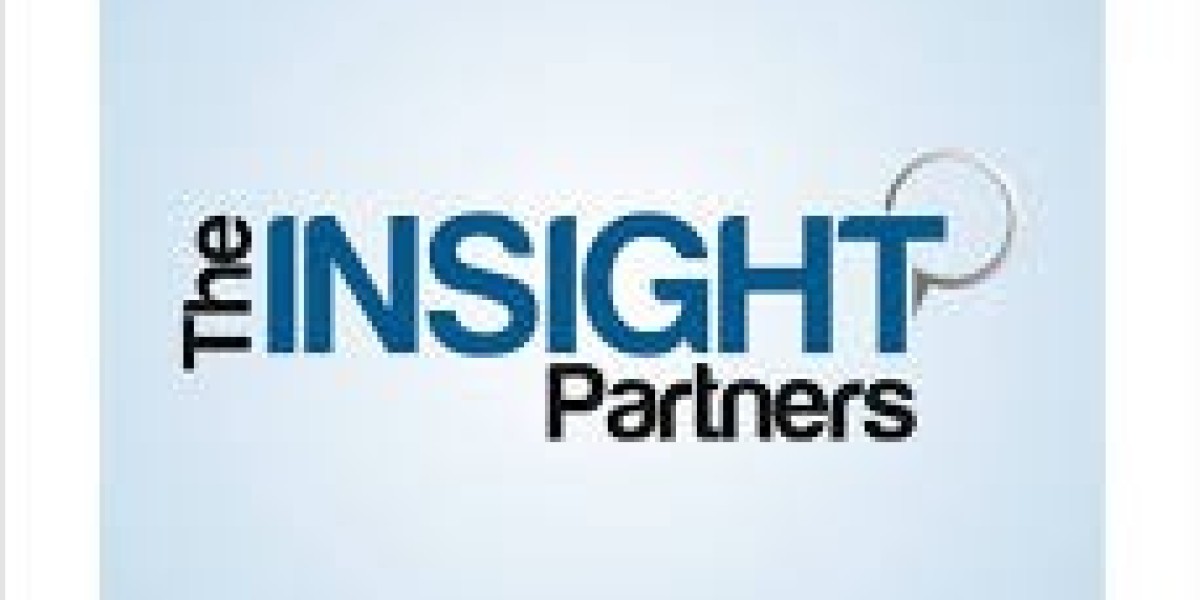The global energy landscape is constantly evolving, with increasing focus on diversified and cleaner energy sources. In this dynamic environment, the Gas to Liquid (GTL) market is emerging as a significant player, offering a pathway to convert abundant natural gas reserves into high-quality, ultra-clean liquid fuels and other valuable products. This technology addresses the challenge of monetizing stranded or remote gas resources, reducing gas flaring, and providing alternatives to crude oil-derived products.
Geographically, the Middle East & Africa currently holds the largest market share, accounting for an estimated 34%. This dominance is attributed to the region's vast natural gas reserves and established GTL plants. However, Asia-Pacific is anticipated to be the fastest-growing region, driven by rapid industrialization, increasing energy demand, and a growing focus on reducing emissions in countries like China and India. Europe and North America also represent significant markets, driven by cleaner fuel initiatives and the adoption of GTL products in transport and petrochemicals.
From a product perspective, GTL diesel dominates the market, accounting for approximately 62% of the total product share. Its ultra-low sulfur content, high cetane number, and superior combustion efficiency make it a preferred choice for transportation, especially in regions with strict emission norms. GTL naphtha also holds a significant share (around 28%) and is increasingly utilized in the petrochemical industry for producing ethylene and propylene with enhanced efficiency. Beyond fuels, GTL technology also yields valuable products like lubricating oils and process oils, finding applications in automotive, industrial, and manufacturing sectors.
Key drivers for market expansion include the abundance of natural gas reserves, which provides a stable and secure feedstock. Furthermore, advancements in Fischer-Tropsch synthesis technology, a core GTL process, are leading to improved efficiency and cost-effectiveness. The rising demand for cleaner fuels to combat air pollution and reduce greenhouse gas emissions is also a significant catalyst. For instance, over 40% of municipal transport fleets in Europe are transitioning to GTL diesel to reduce air pollution levels.
Despite the positive outlook, the GTL market faces challenges such as high initial capital investment costs and the volatility of crude oil prices, which can impact the economic viability of GTL projects. However, continuous research and development, coupled with the rising emphasis on energy diversification and sustainability, will likely overcome these hurdles. The GTL market is poised to play a crucial role in shaping a cleaner and more diversified global energy future.
Get Sample Report: https://www.theinsightpartners.com/sample/TIPRE00021812
Author's Bio:
Nilesh Shinde
Senior Market Research expert at The Insight Partners






